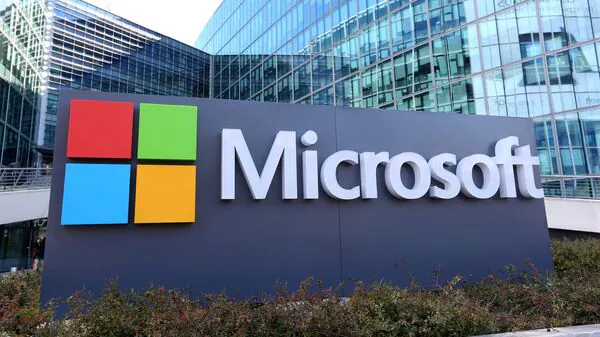
In a move that shook the global tech community, Microsoft recently announced layoffs impacting over 6,000 employees—including more than 2,000 software engineers. This decision, seen by many as part of a growing trend of automation and artificial intelligence integration, has triggered widespread concern among tech workers about the long-term future of their roles.
But amidst the uncertainty, Microsoft’s Chief Product Officer, Aparna Chennapragada, stepped forward with a message aimed directly at the heart of the developer community: coding is not dead—and coders are more important than ever.
Why the Layoffs Happened
The layoffs are part of a broader organizational restructuring as Microsoft intensifies its focus on AI technologies. The company is reallocating resources to prioritize innovation in artificial intelligence, cloud computing, and advanced productivity tools. According to Microsoft leadership, this isn’t a signal of decline, but rather a shift toward a more AI-integrated future where speed, scalability, and machine learning will play central roles.
Despite the scale of the layoffs, Microsoft has maintained that these changes are strategic rather than performance-related. The company insists it is positioning itself to lead in an increasingly competitive global AI race.
Aparna Chennapragada’s Message to the Tech Community
In the wake of the layoffs, Aparna Chennapragada shared a candid reflection on the future of software development. Her message was both practical and optimistic. She acknowledged the anxiety surrounding automation, particularly as AI tools become more capable of generating code, analyzing bugs, and automating repetitive development tasks.
But she was quick to point out a deeper truth: AI might be changing the “how” of software development, but not the “why.”
According to her, the human aspect of software development—creativity, critical thinking, user empathy, ethical judgment—cannot be replicated by AI. These qualities are what distinguish great software from merely functional tools, and they remain firmly in the domain of human engineers.
Adapting, Not Replacing: The New Role of Coders
Chennapragada urged developers to embrace this new wave of change rather than fear it. She emphasized that the role of a software engineer is evolving. It’s no longer just about writing lines of code—it’s about designing intelligent systems, understanding user needs, integrating AI responsibly, and ensuring security and ethical usage.
AI can assist with repetitive or time-consuming coding tasks, but it still requires human supervision to ensure accuracy, relevance, and alignment with business and societal goals. Engineers who evolve their skills—especially in AI integration, system architecture, and human-centered design—will remain irreplaceable.
A Vision of Collaboration, Not Competition
Aparna also addressed a growing myth in the tech world: that AI will fully replace human coders. She challenged this narrative by reinforcing Microsoft’s philosophy that technology should empower, not replace, people.
She outlined a vision where AI acts as a co-pilot, augmenting the skills of developers rather than making them obsolete. In this vision, tools like AI-driven code assistants are valuable teammates, helping engineers work faster and smarter—not removing them from the equation.
Microsoft’s Continued Commitment to Innovation
Despite the recent turbulence, Microsoft is continuing to invest heavily in innovation. From expanding its AI research units to developing next-generation tools for productivity, the company is betting on a future where humans and machines work hand-in-hand.
Chennapragada’s message serves as a clear signal that the tech giant is not abandoning its workforce—it’s urging them to evolve alongside the technology. By focusing on upskilling and interdisciplinary collaboration, Microsoft hopes to create a culture where innovation thrives without leaving human talent behind.
Leave a Reply